Population Health News Roundup: April
IAPHS StaffIAPHS Members in the News
Despair doesn’t discriminate: Generally rising despair among the young adult cohort now reaching midlife that cuts across racial/ethnic, educational, and geographic groups may presage rising midlife mortality for these subgroups in the next decade Robert Hummer, IAPHS Member, is an author of the study. (American Journal of Public Health, April 10, 2019)
It’s the structural and institutional racism: Addressing St. Louis’s historical legacy of racism should be front and center in order to improve inequities in health, social, and economic outcomes, IAPHS Member Darrell Hudson (@DrDHud)writes in the St. Louis Post-Dispatch. (St. Louis Post-Dispatch, March 26, 2019)
SNAP recipients are changing: New algorithm shows that new SNAP recipients have higher socioeconomic status and better self-reported health than do existing recipients. New recipients could perhaps benefit from different types of nutritional and health services. IAPHS Member Rita Hamad (@DrRitaHamad) is the lead author. (American Journal of Clinical Nutrition, April 4, 2019)
Lone star rising star: Allen Mallory (@allenbmallory), IAPHS member, is featured in The Texas Scientist (March 22, UT Austin).
Disparities
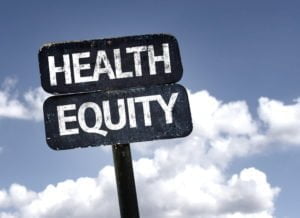 Discrimination and PTSD causing prenatal harm? : PTSD affects African Americans more than any other group, and African American women have higher rates of preterm birth than than do white women. Screening all pregnant women for prenatal PTSD may help, suggest the authors. (University of Washington E-news, March 21, 2019)
Discrimination and PTSD causing prenatal harm? : PTSD affects African Americans more than any other group, and African American women have higher rates of preterm birth than than do white women. Screening all pregnant women for prenatal PTSD may help, suggest the authors. (University of Washington E-news, March 21, 2019)
Incarceration harms unequally: People with disabilities, people of color, and people in lower-income communities disproportionately experience the harms from mass incarceration. The harm extends into the communities and the nation as a whole. (RWJF Report, January 15, 2019)
Hearing lo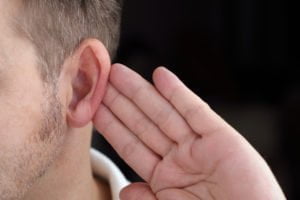 ss, depression, and Hispanic populations: Hearing loss is linked to an increased risk of depressive symptoms in this large Hispanic population. (The Hearing Journal, April 2019)
ss, depression, and Hispanic populations: Hearing loss is linked to an increased risk of depressive symptoms in this large Hispanic population. (The Hearing Journal, April 2019)
Discrimination affects sleep: Black youth sleep less than Latinx and Asian youth; Daytime discrimination predicted poor nighttime sleep. (Child Development, April 3, 2019)
Place
 Housing, health, and disparities: The County Health Rankings for 2019 focus on housing cost burden, and how it can affect health and health disparities. More segregated counties have “higher rates of severe cost burden” in White and Black households, but Black residents face a disproportionately high burden, with nearly 1 in 4 Black households spending more than half their income on housing (vs. 1 in 10 White households) (County Health Rankings & Roadmaps, March 19, 2019.)
Housing, health, and disparities: The County Health Rankings for 2019 focus on housing cost burden, and how it can affect health and health disparities. More segregated counties have “higher rates of severe cost burden” in White and Black households, but Black residents face a disproportionately high burden, with nearly 1 in 4 Black households spending more than half their income on housing (vs. 1 in 10 White households) (County Health Rankings & Roadmaps, March 19, 2019.)
Dirty air and mental illness: Teenagers living in urban areas are more likely to develop a psychotic disorder later on; is air pollution a contributing factor? (BBC, March 27, 2019 from JAMA Psychiatry)
Where dirty air harms kids the most: Researchers measured nitrogen dioxide using satellite imagery, environmental ground monitoring data, and CDC surveys on asthma to create a map. (CityLab, April 15, 2019)
 San Francisco has had enough vaping: City leaders in San Francisco are looking to ban e-cigarette sales within the city limits. (CNN, March 19, 2019)
San Francisco has had enough vaping: City leaders in San Francisco are looking to ban e-cigarette sales within the city limits. (CNN, March 19, 2019)
Small-town hospital struggles have a big impact: Many rural hospitals are struggling financially and at risk of shutting down, and the effects would harm communities’ health and economy. (Grand Forks Herald, April 14, 2019)
Where the burgers are and aren’t: Time spent near fast-food restaurants predicted actual visits, but the number of these restaurants along a person’s daily path did not. (Intl Journal of Environmental Research and Public Health, April 2, 2019)
Global Health
 Yersenia pestis isn’t dead: Pneumonic plague has broken out at the Uganda-Congo border (Aljazeera, March 14, 2019)
Yersenia pestis isn’t dead: Pneumonic plague has broken out at the Uganda-Congo border (Aljazeera, March 14, 2019)
Drug-resistant outbreaks in Kenya: In poorer areas of Kenya such as Kibera, easy access to inexpensive antibiotics is contributing to the rise of antibiotic-resistant infections. (NY Times, April 7, 2019)
Tech Talk
 Peru gets help from NASA to predict malaria outbreaks: New statistical model looks at satellite data like temperature, precipitation, and land cover, to help public health leaders know where to intervene. (Global Health Institute at Duke, March 20, 2019)
Peru gets help from NASA to predict malaria outbreaks: New statistical model looks at satellite data like temperature, precipitation, and land cover, to help public health leaders know where to intervene. (Global Health Institute at Duke, March 20, 2019)
Programs & Policy
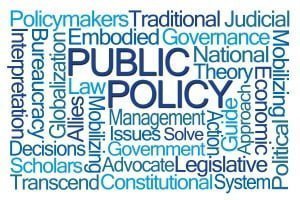 Sugary beverages in the crosshairs: Taxes, labels, and ad restrictions are needed to curb kids’ soda consumption, say the American Heart Association and American Academy of Pediatrics (NPR, March 25, 2019)
Sugary beverages in the crosshairs: Taxes, labels, and ad restrictions are needed to curb kids’ soda consumption, say the American Heart Association and American Academy of Pediatrics (NPR, March 25, 2019)
Coding for social determinants: New diagnostic codes could identify social determinants of health, such as “unable to pay for prescriptions,” “worried about losing housing,” and “unable to count on family and friends.” The plan was proposed by United Health Group and the American Medical Association. (Bloomberg, April 2, 2019)
 Less texting, fewer auto injuries: States with texting bans see reduced ER visits related to crashes. (Reuters from AJPH, March 21, 2019)
Less texting, fewer auto injuries: States with texting bans see reduced ER visits related to crashes. (Reuters from AJPH, March 21, 2019)
New SNAP rule may leave people hungry: Rule change would limit the ability of states to waive work requirements during high unemployment, and food banks could be overwhelmed. (Talk Poverty, March 26, 2019)
Grim future looms for some seniors: Without help from public policies and the private sector, middle-income seniors may struggle to pay assisted or independent living housing costs. (Health Affairs, April 24, 2019)

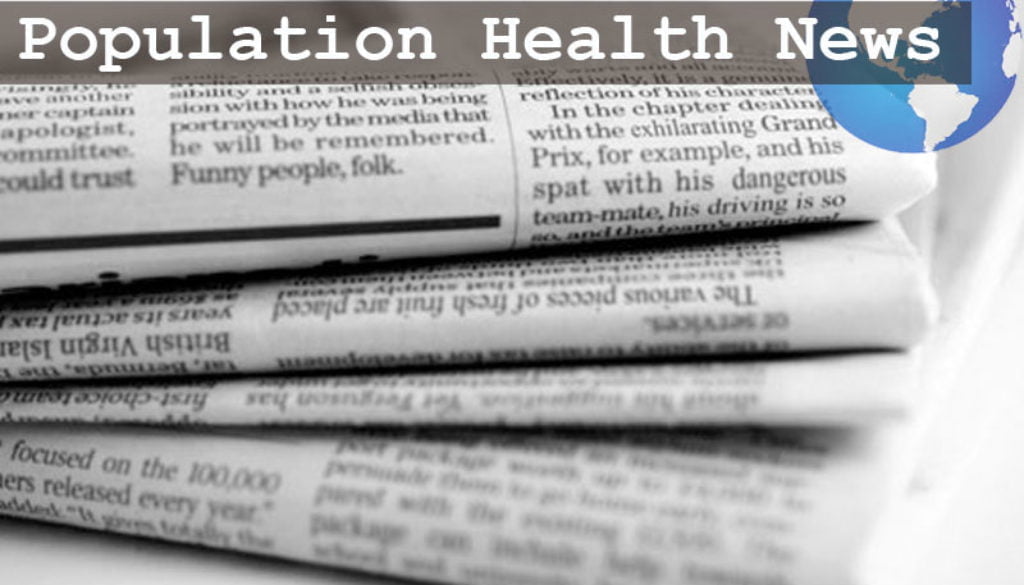
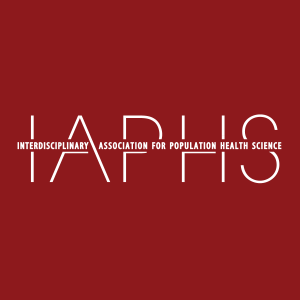
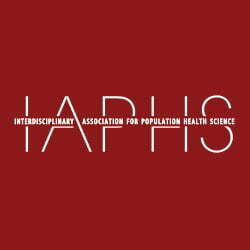

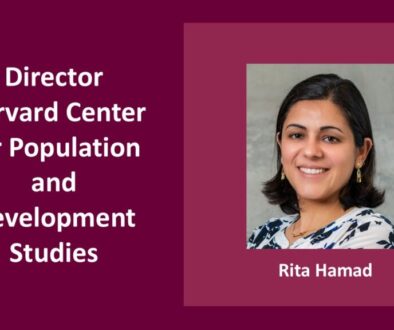

All comments will be reviewed and posted if substantive and of general interest to IAPHS readers.